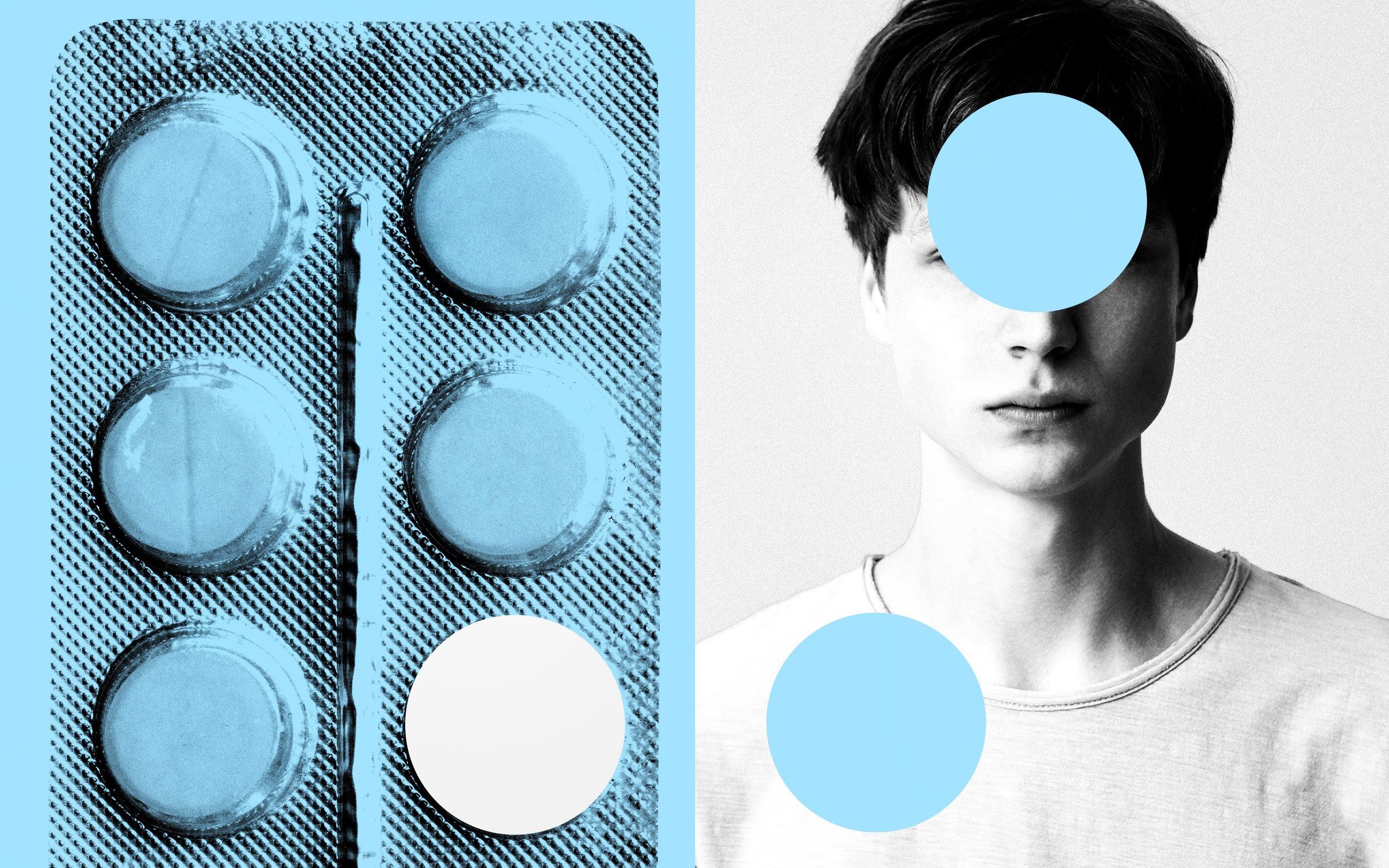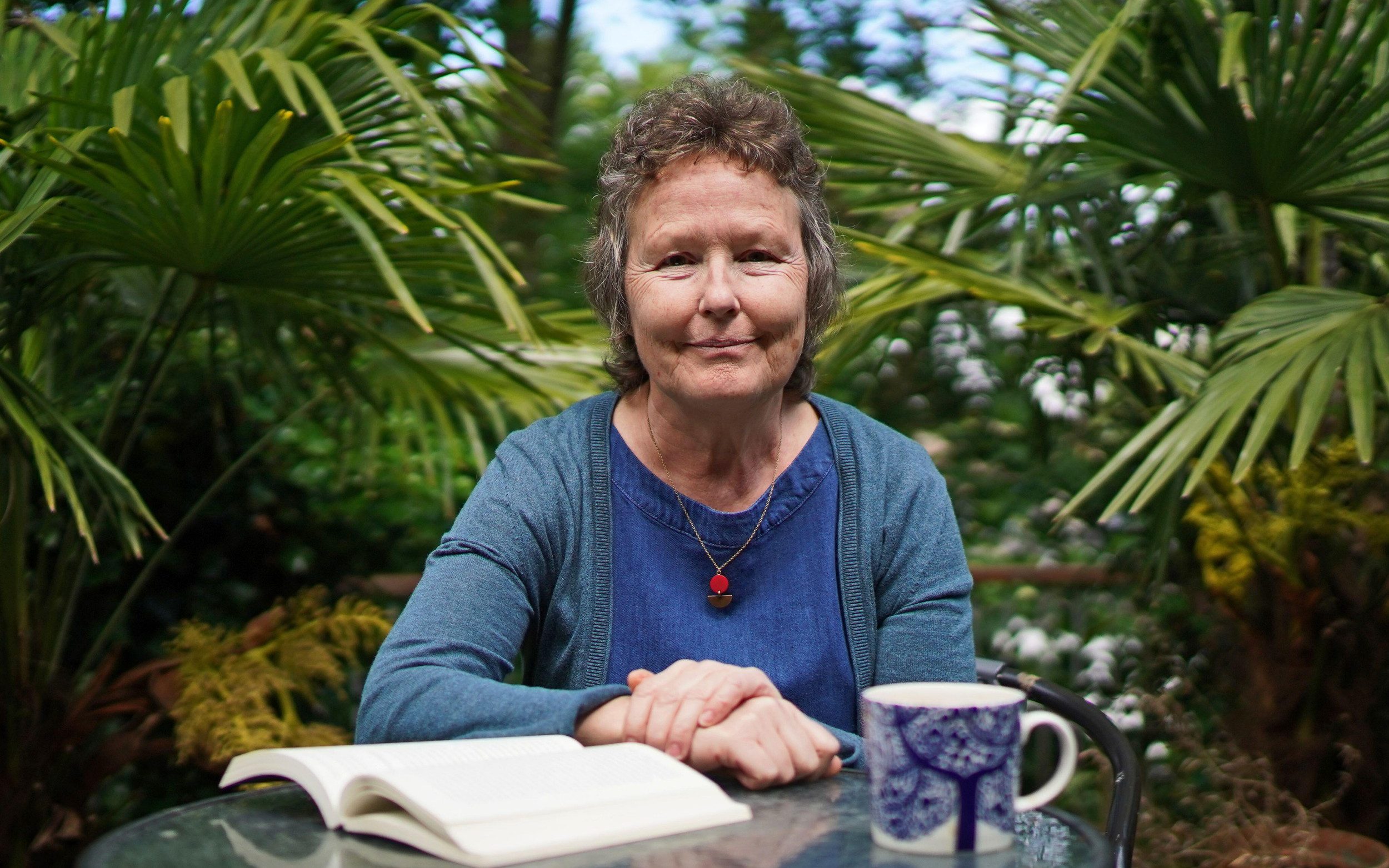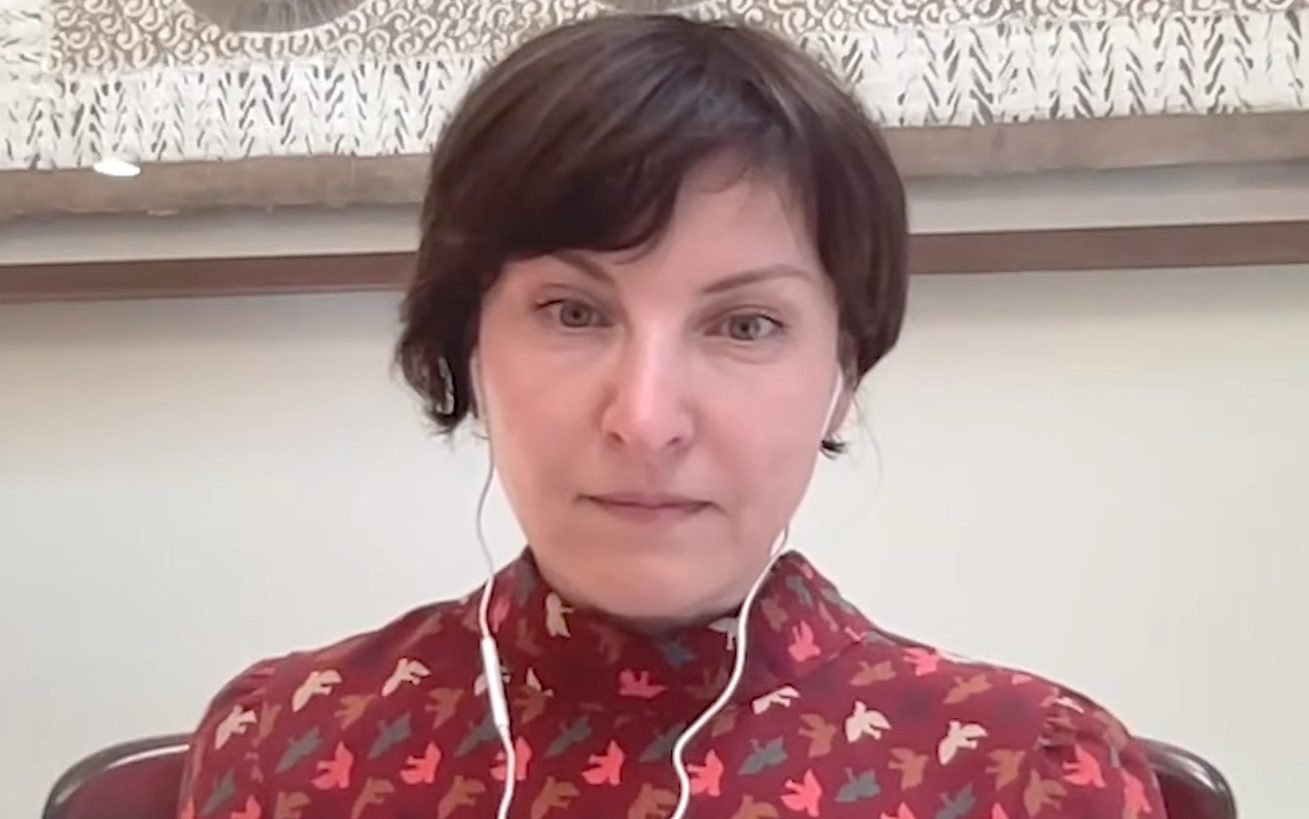
Cross-sex hormone treatment
The deliberations of the Dutch parliament rarely make waves in the UK, but a motion passed by its MPs last week may have a profound effect on the way the NHS treats children seeking gender reassignment.
In short, the Dutch government has been told to conduct research into the physical and mental health outcomes of children given puberty blockers, which tends to be the first step on the pathway to changing gender. Cross-sex hormone treatment and surgery often follow.
The reason this is such a big deal is that the Netherlands pioneered the use of puberty blockers, using guidelines known as the Dutch Protocol, which has been copied in the UK and around the world since it was first published by a clinic in Amsterdam in 1998.
The fact that the Dutch are now having doubts about a practice they effectively exported to the rest of the world has obvious implications, not least for the NHS.
For the past 10 years, the controversial Gender Identity Development Service (GIDS) at the Tavistock and Portman NHS Foundation Trust, which is about to close following a damning independent report into its treatment of children and young people, has courted controversy with the striking number of recommendations it has made for puberty blockers.
The Tavistock clinic will be replaced by two regional hubs, and the pending Dutch investigation is likely to have an impact on their approach to children who complain of being in the “wrong” body.
Campaigners against the use of puberty blockers believe the Dutch parliament’s decision to order an investigation into them could represent a major turning point in what they refer to as the “Wild West” of gender dysphoria treatment.
“The house of cards has started to fall,” says Stephanie Davies-Arai, the director of Transgender Trend, a UK organisation which calls for evidence-based care for children with gender dysphoria. “Country by country, this whole area of healthcare has been examined and found wanting.
“It’s hugely significant for the UK because the Dutch Protocol was used as a kind of template for everybody else.
“When the new hubs are opened to replace the Tavistock clinic, the NHS will have to have very strict criteria for getting onto a trial of puberty blockers.”

The NHS will have to have a ‘very strict criteria’ for puberty blockers in future, says Transgender Trend director Stephanie Davies-Arai – PA Images/Alamy Stock Photo
Critics of the Dutch Protocol have long complained that it was based on flawed research, that clinicians prescribe blockers as a way of pausing puberty when in fact they cause irreversible physical changes, and that data on their long-term effects is at best patchy and at worst shows that they cause more problems than they solve, including reduced bone density.
When the paediatrician Hilary Cass was asked to conduct an independent review of GIDS, she said in an interim report published in 2022 that the “unquestioning affirmative approach” to children who were unsure of their gender overshadowed the need to look into comorbidities, such as poor mental health.
In other words, children who may be struggling with physical changes to their bodies for all sorts of reasons are being given irreversible medical treatments when in many cases the real cause of their unhappiness may involve autism, depression, ADHD, anxiety or abuse.
Cass also noted that the NHS had applied the Dutch Protocol far more loosely than its authors ever intended.
She observed that in the Netherlands, children presenting with gender dysphoria are routinely given therapeutic support in advance of – or in some cases instead of – puberty blockers, but “criteria to have accessed therapeutic support prior to starting hormone blocking treatment do not appear to be integral to the current NHS process”.
Moreover, the Dutch Protocol specified that puberty blockers should only be given to children who had expressed “gender incongruence” from early childhood and who were not suffering from significant psychiatric comorbidities.
The NHS diverged from these criteria too. In 2011-2012, there were fewer than 250 referrals to GIDS, most of whom were boys. A decade later, there were more than 5,000 referrals, two thirds of whom were girls who had only started expressing gender-related distress in adolescence.
Rather than withholding puberty blockers from the unexplained explosion of adolescent girls who were claiming to be in the wrong body, as the 1998 Dutch Protocol dictated, GIDS recommended puberty blockers for around 20 per cent of its referrals.
Stella O’Malley, a psychotherapist and the founder of the gender-critical organisation Genspect, says: “The Dutch Protocol became known as international best practice but it is not evidence-based care, it is experimental care, and we can’t even call it an experiment because there isn’t a control group.
“I think there is going to be a very difficult reckoning for all the clinics that followed the Dutch Protocol.”

Psychotherapist Stella O’Malley: ‘There is going to be a very difficult reckoning’ – Patrick Bolger
The Netherlands is not the first country to start questioning the use of puberty blockers.
Sweden, regarded as an exemplar in the field of LGBT rights, started restricting hormone therapy for children in 2022, and now only sanctions it in rare cases.
In Finland, a review by its health service of the success or otherwise of gender transition treatment for minors concluded that gender reassignment of children was an “experimental practice”; that it was dangerous to give hormone treatments to young people with serious mental illness and that gender transition should not be offered until adulthood.
Dr Riittakerttu Kaltiala, a psychiatrist who oversaw Finland’s gender identity service for children, was among those who raised the alarm. She has described how, when the clinic opened its doors in 2011, she expected to see a small number of boys who had claimed to be girls since early childhood but instead “90 per cent of our patients were girls, mainly 15- to 17-years-old, and instead of being high functioning, the vast majority presented with severe psychiatric conditions”.
By 2015 her clinic was noticing groups of teenage girls from the same towns or even the same schools telling very similar stories about their medical history, and doctors realised they were swapping information with each other in what Dr Kaltiala describes as “social contagion-linked gender dysphoria”.
Finland’s clinics quickly changed their protocols and sent children for counselling rather than gender identity assessment if they had other, more urgent psychiatric problems.
Zhenya Abbruzzese, a US healthcare consultant who helped co-found the Society for Evidence-Based Gender Medicine, wrote a paper in a medical journal last year on the Dutch Protocol, in which she said that the studies on which the current version of the Protocol was based “suffer from such profound limitations that they should never have been used as justification for propelling these interventions into general medical practice”.
She said that only the most successful cases at each treatment stage were included in reported results, that no research was done on the effects on bone and brain development, and that the Protocol did not apply to the majority of cases being seen today, as it excluded those with significant mental illness and those who had no history of gender dysphoria before puberty.

US healthcare consultant Zhenya Abbruzzese said the Dutch Protocol suffers from ‘profound limitations’
“This is a question for society rather than doctors,” she says. “Medicine can only tell you how you can do this, not whether you should do this. Like abortion or euthanasia, gender transition should be debated on ethical grounds not medical grounds.”
In the next few weeks the full and final version of the Cass Report is expected to be published. It is likely to put further pressure on the NHS to produce evidence to support any medical interventions offered to children by the two new hubs that will replace GIDS.
Bev Jackson, the co-founder of LGB Alliance which campaigns for gay and lesbian rights, adds: “I’m pleased that the Dutch parliament passed this motion, though it’s depressing to note that all four of the major Left-wing parties voted against it.
“Why would anybody vote against an investigation into the outcomes of treating children with puberty blockers? If you are certain that the outcomes are good, why would you try to block it?”
Davies-Arai believes we are now at the beginning of the end of the widespread use of puberty blockers.
“At some point we will look back in horror at this, as we look back now on lobotomies,” she observes. “It might take a long time because this generation of children has been indoctrinated, but hopefully younger children will now be spared.”
%n
Discover Telegraph Wine Cellar’s new wine club. Enjoy expertly chosen bottles at exclusive member prices. Plus, free delivery on every order.
News Related-
Window opens for Zahid to ride off into the sunset – but at Anwar's cost
-
Murder-accused teens 'had preoccupation with torture'
-
A plea for Islamic voices against using human shields - opinion
-
Strengthen MM2H programme, promote multiple entry visa
-
GEG element removed from anti-smoking Bill
-
Health Ministry tables revised anti-tobacco law, omits generational smoking ban
-
Work together with Anwar to tackle economic issues, Perikatan MP tells Muhyiddin and Ismail Sabri
-
Malaysia Airlines launches year-end sale
-
Dr M accuses govt of bribery over allocations
-
Malaysia to check if the Netherlands still keen to send flood experts
-
Appeals court to rule in Isa’s graft case on Jan 31
-
Elephants Trample On Axia With Family Of Three Inside
-
Sirul fitted with monitoring device
-
Nigerian airliner lands at wrong airport
